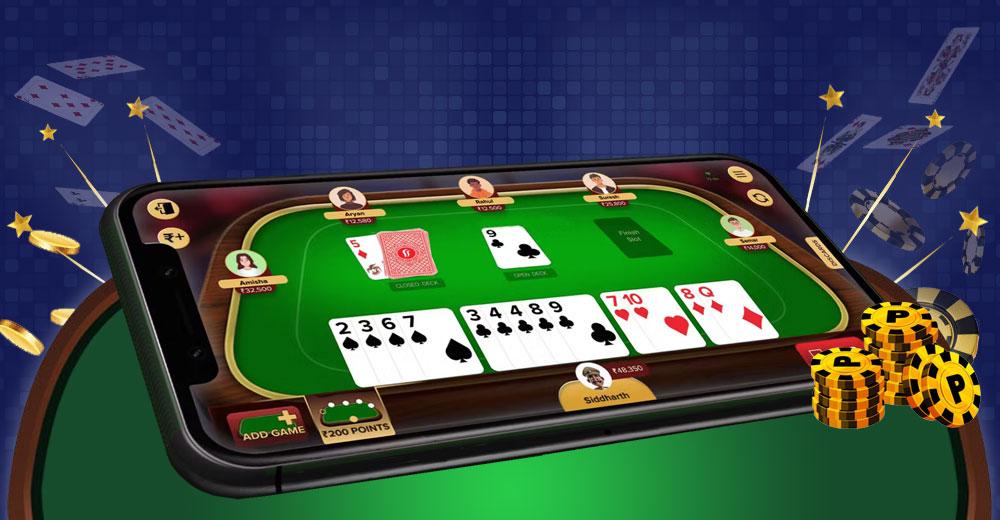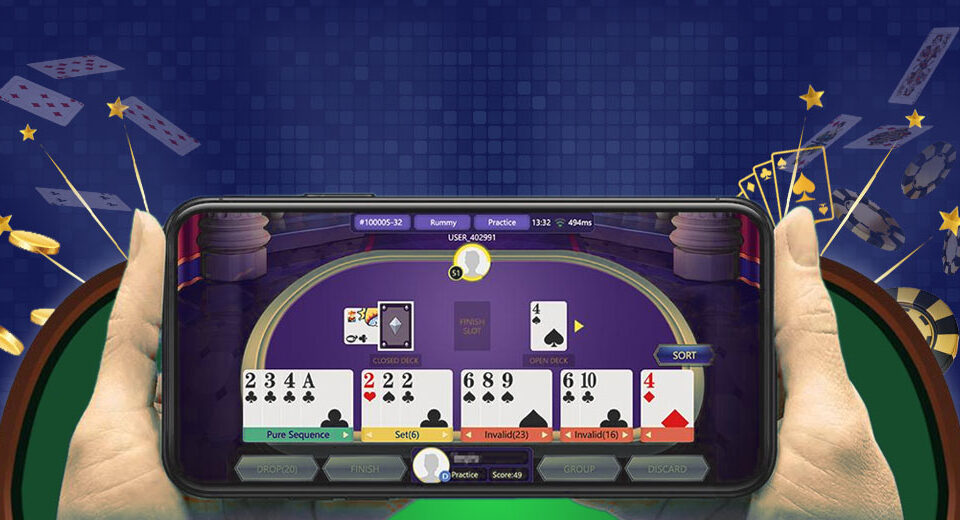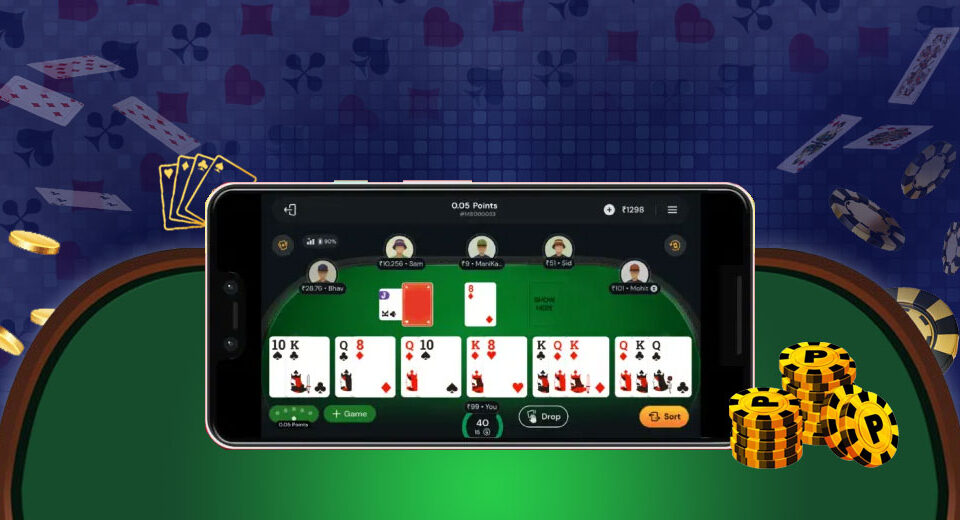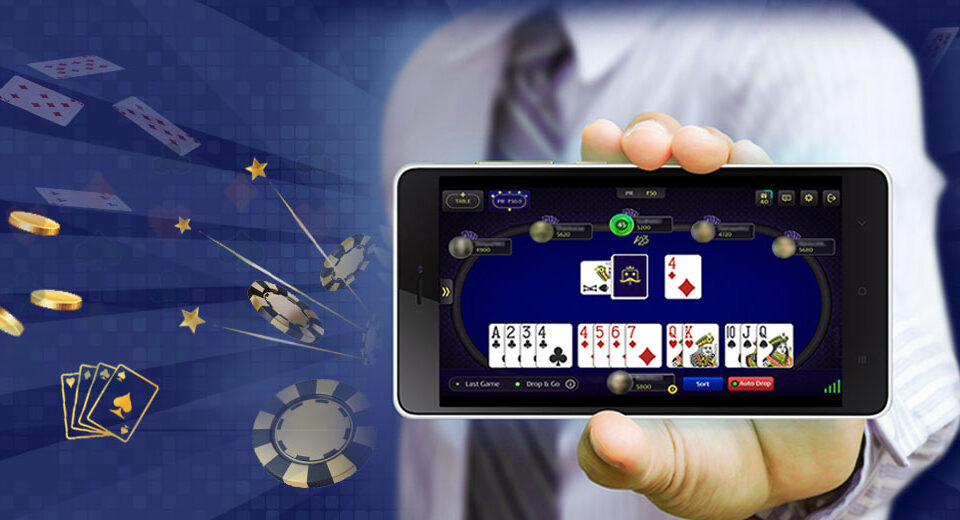Rummy as a Brain Game: How It Sharpens Your Cognitive Skills
In the realm of indoor games that demand both intellect and strategy, rummy stands out as more than just a card game. It’s a mental workout disguised as entertainment. Many regular players of rummy can attest to the heightened sense of alertness, faster thinking, and improved focus they experience over time. Unlike games that rely solely on external conditions, rummy leans heavily on mental sharpness, strategic thinking, and the ability to stay focused for extended periods.
The Indian rummy card game in particular is a treasure trove of cognitive benefits that go far beyond the joy of playing. As players navigate through the online rummy game, they are continually engaging in a process of observation, memory recall, analysis, and quick decision-making. All of these mental tasks stimulate the brain and help improve key cognitive functions.
This article explores how rummy, especially when played consistently, can serve as an effective tool to enhance various mental faculties, making it not just a game but a valuable brain exercise.
1. Boosts Memory and Recall Abilities
One of the core skills in rummy is remembering the cards that have been discarded and picked up by opponents. Players need to keep track of their own cards, the cards already played, and the potential combinations opponents might be forming. This demands a high level of short-term memory use.
Over time, this constant exercise of recalling sequences, suits, and cards strengthens memory retention. The brain becomes conditioned to store and retrieve information quickly and accurately, which can be beneficial in many real-world scenarios.
2. Enhances Focus and Concentration
Losing focus in a rummy match can mean missing out on key card drops or misjudging an opponent’s hand. Thus, sustained concentration is essential. Regular involvement in Indian rummy online trains the brain to maintain attention for longer periods. It encourages mental discipline, requiring players to be attentive from the beginning of a game to its conclusion.
With distractions becoming increasingly common in digital life, this sharpened focus is an asset not just within the game but also in everyday tasks.
3. Improves Decision-Making Speed
Each move in rummy demands a quick yet calculated decision. Should a card be picked up or left? Should a meld be formed now or later? This blend of urgency and strategy mirrors real-life decision-making, where fast thinking with minimal errors is crucial.
Practicing these quick decisions in a controlled gaming environment helps players become more decisive and confident in their choices. Over time, decision-making under pressure becomes more intuitive and accurate.
4. Develops Logical and Analytical Thinking
Rummy is deeply rooted in logic. Players need to assess probabilities, deduce which sets or sequences can be formed, and anticipate opponents’ strategies. Every action has a reaction, and every card dropped or picked holds clues to what others might be planning.
This constant analysis strengthens logical reasoning and analytical thinking, turning the mind into a more effective problem-solving machine. Regular gameplay essentially turns logical deduction into a habit.
5. Encourages Strategic Planning
Long-term success in rummy depends on strategy. Players often need to think several moves ahead, considering what cards to retain and what to discard based on what they predict might happen. This strategic foresight nurtures forward-thinking skills. Like a game of chess, good rummy players do not merely react—they plan.
This kind of strategic mindset is highly beneficial in academic, professional, and personal life, helping individuals plan better and make smarter choices.
6. Trains Emotional Intelligence
Though it may not seem obvious, playing the rummy game also improves emotional control. Keeping a calm and composed demeanor, even when the game isn’t going your way, is essential. This discipline helps players remain objective and continue thinking clearly, rather than letting emotions cloud judgement.
Over time, this contributes to better emotional regulation—a vital life skill in both personal and professional settings.
Conclusion – Use rummy not just for fun but as your daily brain fitness activity.
Rummy is more than just an enjoyable pastime; it’s a rigorous mental discipline. Each match exercises the mind in different ways—improving memory, focus, logic, and emotional intelligence. Whether played casually or competitively, the cognitive benefits it offers are undeniable.
As more people seek ways to keep their minds sharp in a fast-paced, information-heavy world, online rummy games emerge not just as a form of recreation but as a powerful mental training tool. Engaging with the Indian rummy card game offers a healthy mix of challenge and stimulation that boosts cognitive growth over time.




